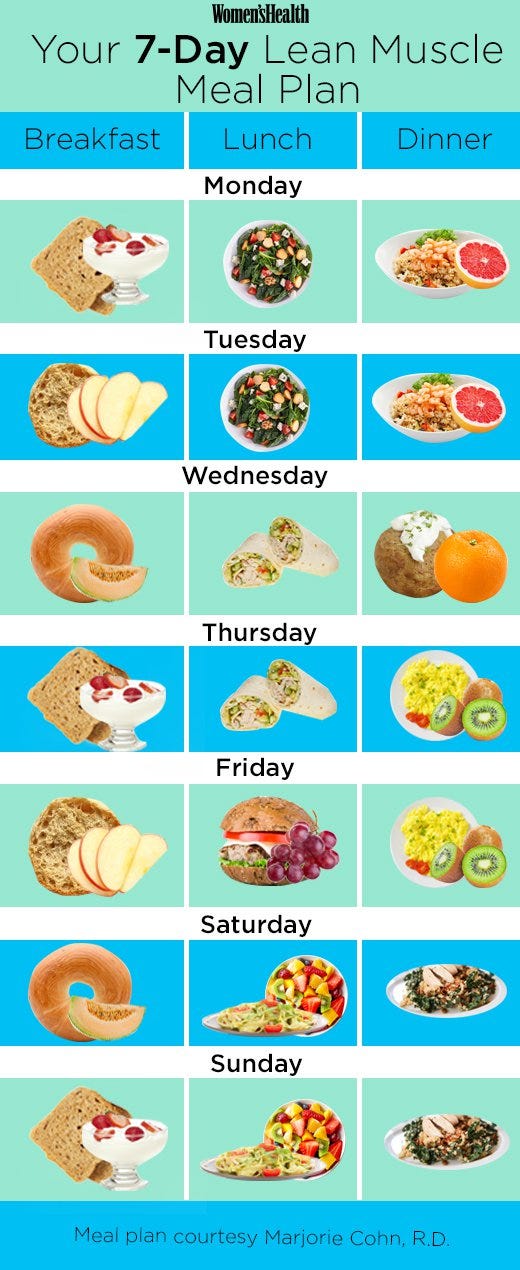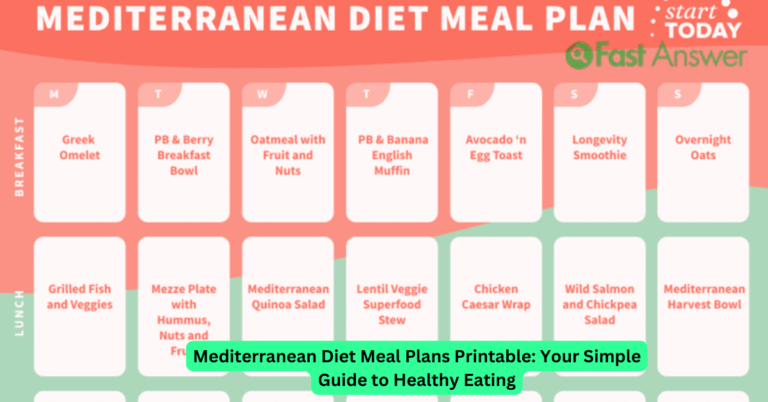How to Improve Cardiovascular Health Naturally: Simple Steps for a Stronger Heart
Cardiovascular health is a vital component of overall well-being, influencing everything from energy levels to longevity. With heart disease being one of the leading causes of death worldwide, it’s more important than ever to take proactive steps in maintaining a healthy heart. While medications and treatments can help, improving cardiovascular health naturally through lifestyle changes is not only effective but also empowering. In this article, we’ll explore natural, science-backed strategies to improve heart health, from dietary adjustments to physical activity, helping you boost circulation, lower cholesterol, and prevent heart disease.
Eat Heart-Healthy Foods: Nourish Your Body with Nutrient-Dense Choices
A heart-healthy diet is one of the most powerful tools for improving cardiovascular health naturally. Focus on incorporating nutrient-dense, plant-based foods, such as fruits, vegetables, whole grains, and legumes, which are rich in fiber, antioxidants, and essential vitamins. Specifically, foods like leafy greens, berries, nuts, and oily fish (such as salmon and mackerel) are known to lower cholesterol and reduce inflammation. Foods rich in omega-3 fatty acids, like flaxseeds and walnuts, also help improve heart health by lowering blood pressure and decreasing the risk of arrhythmias. Reducing your intake of processed foods, trans fats, and excessive sugar is crucial to prevent the buildup of plaque in the arteries and maintain optimal heart function.
Regular Exercise: The Key to a Strong and Healthy Heart
Exercise is a cornerstone of cardiovascular health. Engaging in regular physical activity strengthens the heart muscle, improves circulation, and helps manage key risk factors such as high blood pressure and cholesterol. Aim for at least 150 minutes of moderate-intensity exercise per week, which can include brisk walking, cycling, swimming, or dancing. Cardiovascular exercises, like running or cycling, are particularly beneficial for improving heart health, as they increase the heart rate and encourage better circulation. Additionally, strength training exercises help maintain a healthy weight, which is essential for heart health. Combining aerobic exercise with strength training can offer the best of both worlds, providing comprehensive cardiovascular benefits.
Manage Stress: Protect Your Heart by Reducing Tension
Chronic stress has long been linked to increased risk of heart disease. When you’re stressed, your body releases cortisol and adrenaline, hormones that can raise blood pressure and increase inflammation, putting extra strain on your cardiovascular system. To improve your heart health naturally, it’s essential to incorporate stress management techniques into your daily routine. Mindfulness meditation, yoga, and deep breathing exercises are effective ways to reduce stress and promote a sense of calm. Taking time for hobbies, spending time with loved ones, or simply relaxing can also help lower stress levels and protect your heart over time. By learning to manage stress, you can significantly reduce your risk of developing heart disease.
Get Enough Sleep: Quality Rest for a Healthy Heart
Sleep is an often-overlooked component of cardiovascular health. Inadequate sleep or poor sleep quality can raise the risk of high blood pressure, obesity, and other risk factors that contribute to heart disease. Adults should aim for 7 to 9 hours of restful sleep each night. Establishing a regular sleep schedule and creating a relaxing bedtime routine can help improve sleep quality. Avoid stimulants like caffeine and electronics before bed, as these can interfere with your ability to fall asleep and stay asleep. Sleep is when your body repairs and restores itself, so ensuring you get enough deep sleep helps maintain heart health and overall well-being.
Maintain a Healthy Weight: Lower Your Risk of Cardiovascular Disease
Carrying excess weight is a significant risk factor for heart disease, as it can contribute to high blood pressure, elevated cholesterol, and diabetes—conditions that strain the heart. Achieving and maintaining a healthy weight can improve cardiovascular health and reduce your risk of heart-related complications. A combination of regular physical activity and a heart-healthy diet is the most effective approach for weight management. Focus on sustainable lifestyle changes rather than drastic diets, as gradual weight loss is more effective for long-term heart health. Additionally, maintaining a healthy weight helps to alleviate strain on the heart and reduces the risk of developing conditions like metabolic syndrome, which is often associated with heart disease.
FAQs
- What foods are best for improving cardiovascular health? Heart-healthy foods include fruits, vegetables, whole grains, nuts, seeds, oily fish, and foods rich in omega-3 fatty acids.
- How does exercise benefit cardiovascular health? Regular exercise strengthens the heart, improves circulation, lowers blood pressure, and helps maintain healthy cholesterol levels, all of which are essential for a healthy heart.
- What are the effects of chronic stress on heart health? Chronic stress increases levels of cortisol and adrenaline, which can raise blood pressure, cause inflammation, and increase the risk of heart disease.
- How much sleep do I need for optimal heart health? Adults should aim for 7 to 9 hours of restful sleep each night to support heart health and reduce the risk of cardiovascular problems.
- How can I maintain a healthy weight to protect my heart? Achieving a healthy weight involves a combination of regular exercise and a balanced, nutrient-rich diet. Gradual, sustainable changes are key to long-term success.



